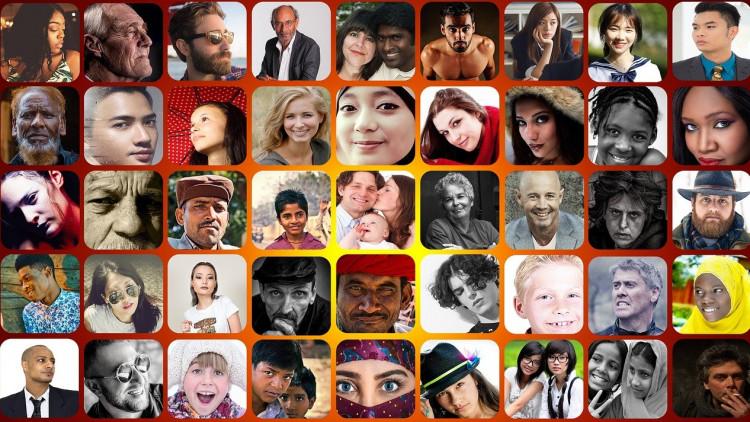Cultural Barometer at risk? CBS abandons distinction between Western and non-Western

Utrecht University is one of the five universities participating in the project. They will be sharing data with the government's statistics office, Statistics Netherlands (CBS in the Dutch acronym) in order to gain insight into the diversity of their staff.
The idea proved controversial at Utrecht University. The staff section of the University Council protested against it to the Executive Board, which then decided to temporarily suspend its participation. On the one hand, the criticism concerned employees' privacy, allegedly at stake. On the other hand, some were bothered by the project's premise to begin with: classifying employees according to the categories Dutch, Western, and non-Western.
"People have a multitude of backgrounds. It doesn't seem good to me to classify people in terms of Western or non-Western, as this only confirms a pre-existing distinction which does not do inclusion any favours", stated Lieke Schrijvers, a member of the University Council, in an opinion piece published by Dutch newspaper NRC Handelsblad.
Momentum
CBS announced this week that it has taken the criticism to heart and will therefore stop making the distinction between Western and non-Western. Truth be told, this discussion had been going on for some time, but gained momentum after the Cultural Barometer imbroglio, stated the CBS. The Scientific Council for Government Policy (WRR) will soon publish a policy advice in which it calls for the distinction to be abolished, as it has no scientific foundation and evokes ‘negative associations’, NRC reported last Tuesday.
According to WRR's report, the distinction has "a colonial connotation", as it differentiates people as being "from here" and "not from here". The question is to what extent does origin play a role for people from the second generation, who grew up in the Netherlands? The WRR also argues that the distinction is hardly suitable for making policy. Knowledge workers from India, students from the Antilles, and asylum seekers from Eritrea are all considered non-Western, while knowledge workers from Japan, students from Indonesia, and asylum seekers from Chechnya are Western.
Commissioned by the House of Representatives
It is not yet clear what the decision means for the Cultural Diversity Barometer. CBS sociologist Ruben van Gaalen assured DUB that nothing will change in the short term, as the Cultural Barometer was commissioned by the House of Representatives and runs via the Ministry of Social Affairs. In the long run, howver, he does expect CBS to use another, improved classification.
In the Dutch newspaper Volkskrant, Van Gaalen added that this improved classification will be more detailed. For example, it should indicate whether people have a Moroccan, Turkish, Antillean or Surinamese background.
Stubbornly holding on
Lieke Schrijvers is positively surprised by CBS's decision. “They are reacting in a way that is a lot more proactive and alert than the ones employed by universities, which stubbornly stick to the project”. Schrijvers explains that she endorses UU's goal of increasing diversity within their ranks, “but part of the council wonders if this is the right way to do so. What are we actually measuring? There is indeed a colonialist connotation attached to this distinction whereby ‘Western’ is the norm and ‘non-Western’ is apparently perceived as less so. If you want to know how diverse the staff at UU are and to what extent they feel at home at the University, I would be much more in favour of a project in which people would voluntarily share experiences about their background and working at the university”.
On the 26th of April, the University Council will discuss this issue once again with the Executive Board. Schrijvers: “I am curious about what this decision will mean for the project. In any case, the additional information we have received from the Executive Board so far has not yet convinced me”.